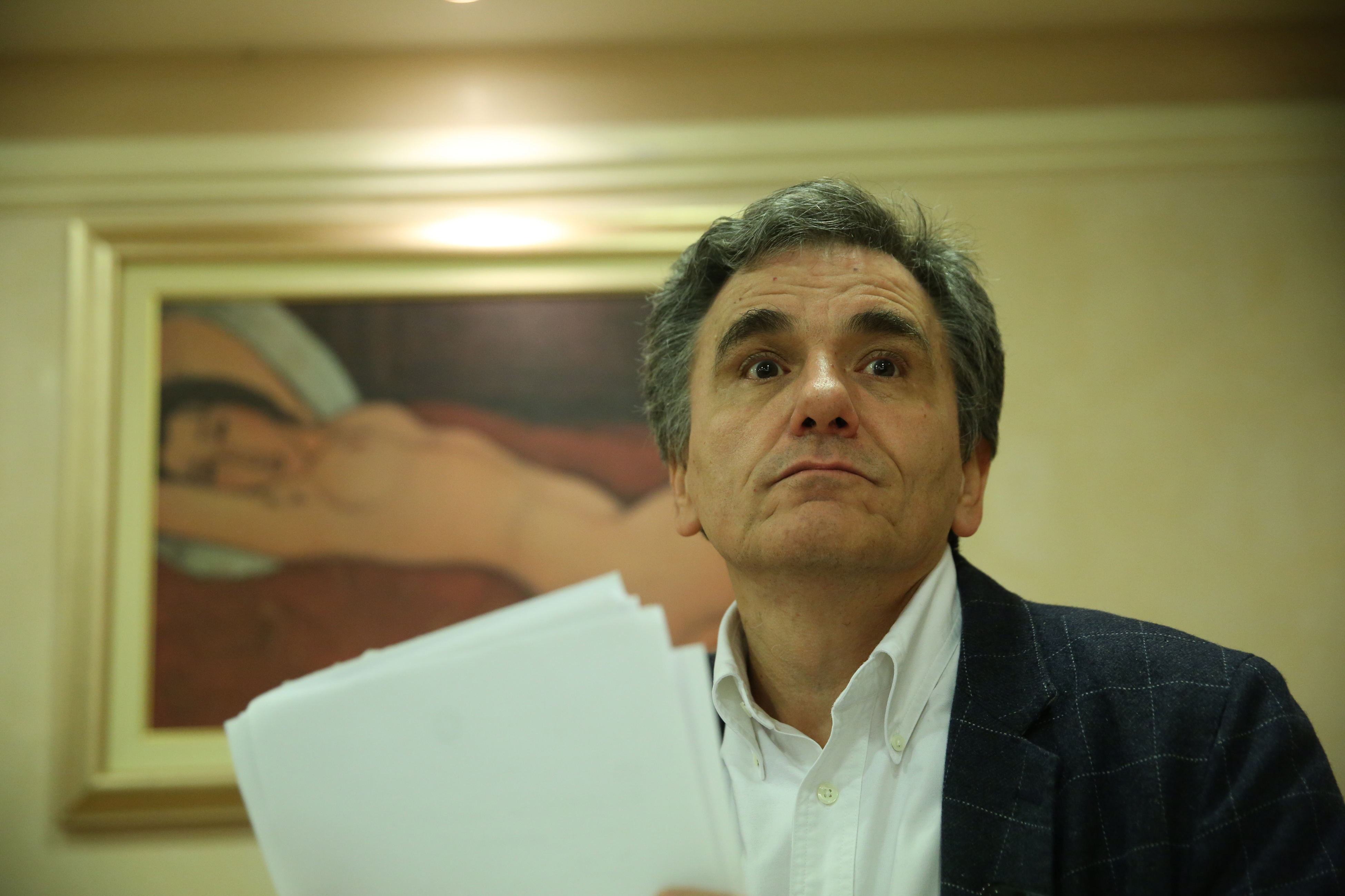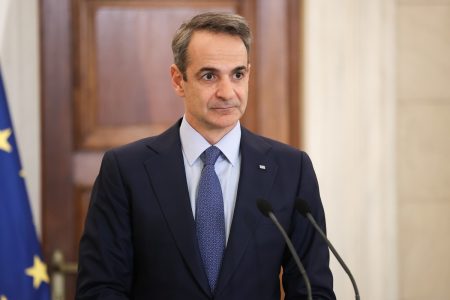Finance Minister Euclid Tsakalotos has told Frankfurter Allgemeiner Zeitung that Greece is firmly opposed to requesting a precautionary credit line after Athens completes its fiscal adjustment programme in August.
Tsakalotos said that in the post-bailout era there will be “a form of supervisιon, as there is in every country that had a bailout programme”.
“In Greece’s case, it may be a bit more detailed. Once we demonstrate how trustworthy we are, one will not be speaking about political objectives and the necessary tools, but only about targets, such as the 3.5 percent primary surplus that Greece must achieve every year until 2022,” he said.
Tsakalotos said that the capital security cushion that the government is building up – with huge over-taxation, the opposition charges – must cover Greece’s funding needs for the next two years, according to the IMF, but that this money cannot be used by the government for public expenditures.
As for the 88 preconditions for Athens to complete its fiscal programme, Tsakalotos said that, “The reform programme is front-loaded, and the most important reforms are just at the beginning. The objective now is to complete and improve reform steps that have already been made, and not to address fundamental political issues.”
Tsakalotos stressed the importance of funding growth, and noted that Greek banks are burdened with non-performing loans.
In this regard, he noted the government’s intention to create a Greek development bank, and to draw on European Investment Bank funding. He also spoke of regional development funds being used for infrastructure and bolstering medium-sized businesses.
Over-taxation confession
Tsakalotos conceded that in order to achieve huge primary surpluses, the government overtaxed “segments of society”, an apparent reference to the decimated Greek middle class.
“Now, we are creating the fiscal space to reduce the burden on these segments of society,” he said.





